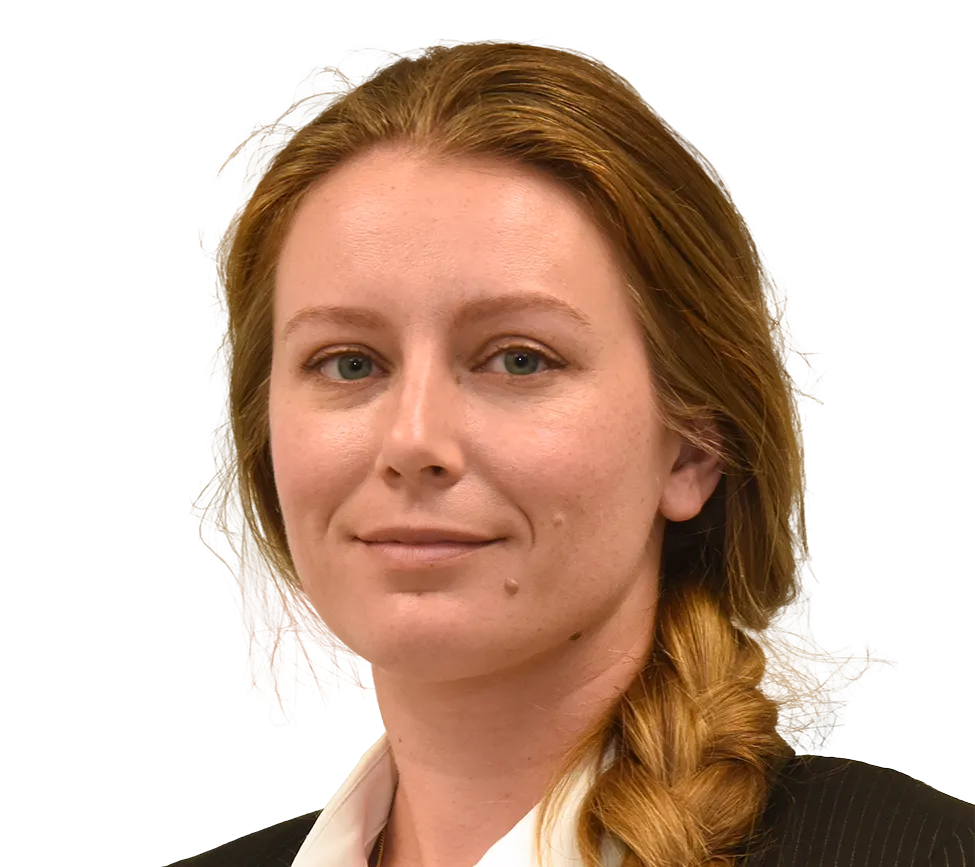

- Ph.D., Mechanical Engineering, University of California, Berkeley, 2014
- B.S., Mathematics, University of Florida, 2009
- B.S., Mechanical Engineering, University of Florida, 2009
- Anselmo John Macchi Fellowship Fund in Engineering, Fall-Spring, 09-10
- Best Paper Award, September 2013 Berkeley Sensor & Actuator Center Industrial Advisory Board (Top 2 out of 179 UCB Researchers)
- 1st Place Photo in "Sweet Moments" Photo contest, Dog World Magazine, Vol. 98, 2014
- IEEE and CPMT (Components, Packaging and Manufacturing Technology Society) Member
- Russian
- Spanish
Dr. Kozinda has over five years of research and professional experience in mechanical engineering, fabrication, processing, and testing of devices. She has applied her expertise to energy storage devices such as supercapacitors and lithium ion batteries, gas and particulate matter sensors, as well as wearable technology.
Dr. Kozinda also has expertise in MEMS and nanotechnology and the fabrication and characterization of nanomaterials using scanning electron microscopy (SEM), electron beam and thermal evaporation of thin metal films, as well as low pressure and ambient pressure chemical vapor deposition (LPCVD and CVD). In addition, Dr. Kozinda has experience with rapid prototyping, powered shop equipment, and new product development.
Prior to joining Exponent, Dr. Kozinda worked as an engineer at Versa Wear, where she designed, prototyped, and gathered user feedback for the hardware of a smart jacket that helps to keep cyclists safe on the road. This work included the design of prototype testing protocols and goals as well as user research and rapid prototyping. She also worked as a consulting engineer for Clarity, where she planned, performed, and analyzed lifetime and accumulation tests of particulate matter (PM2.5) sensors. While there, Dr. Kozinda identified sensor key performance issues and proposed solutions, as well as a next generation sensor design.
Dr. Kozinda completed her Ph.D. at the University of California, Berkeley in the department of mechanical engineering, where her research focused on the use of flexible carbon nanotube films for energy storage applications. Her research included the fabrication of supercapacitor and lithium ion battery electrodes using silicon wafer oxidation, thin metal film evaporation through both thermal and electron ion beam evaporation, and chemical vapor deposition (CVD) growth of carbon nanotube forests, followed by low pressure chemical vapor deposition (LPCVD) of silicon within the CNT forest. During this time, she also fabricated and tested copper oxide nanowire array materials for use in a hydrogen gas sensor, and served as a teaching assistant for several graduate and undergraduate courses including Polymer Engineering, Micro/Nano Mechanical Systems Laboratory, and Biomimetic Engineering.